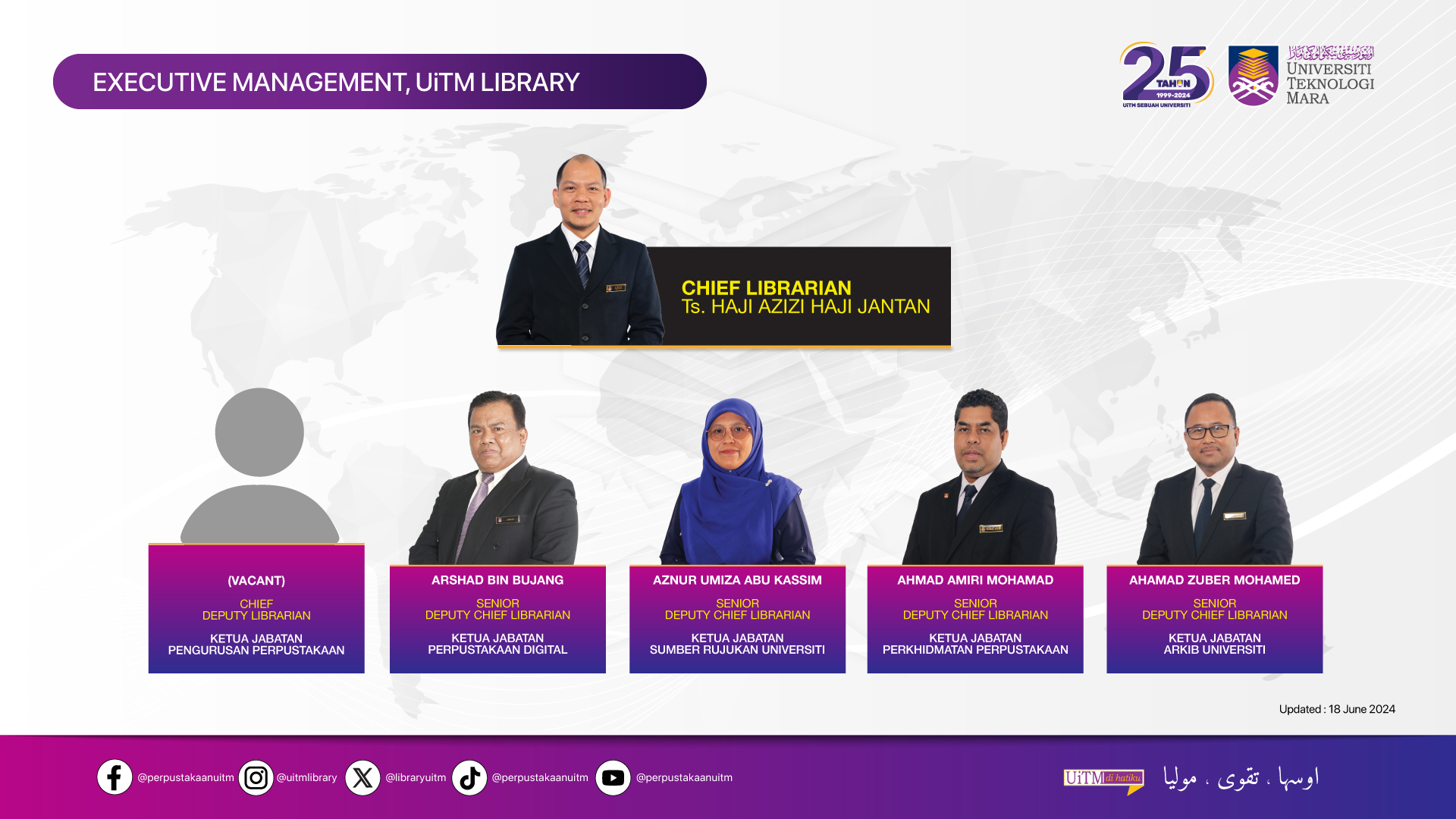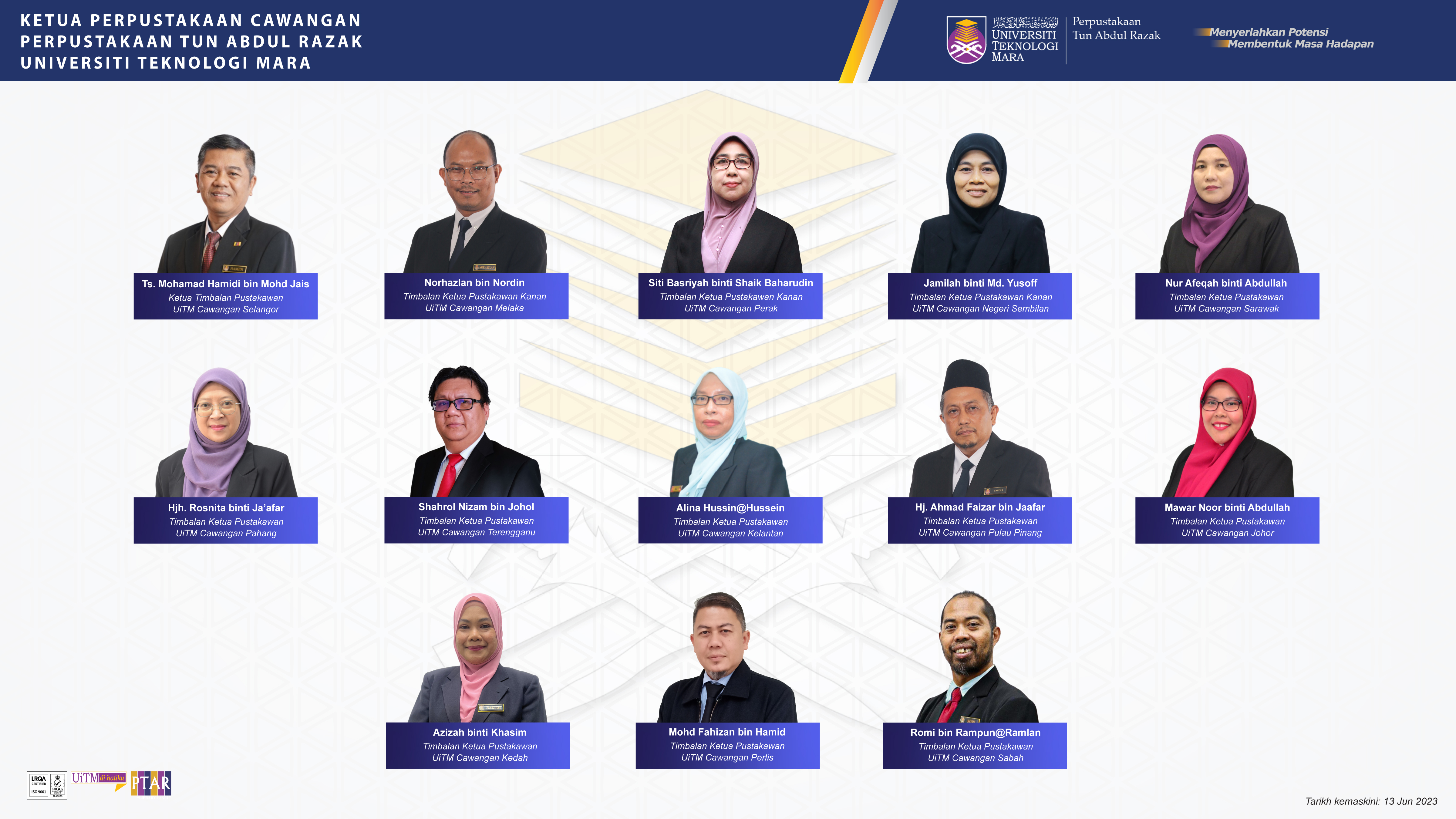- Sabah
- About
- Hits: 572
CAMPUS MANAGEMENT
The Campus Director is responsible for managing the administrative affairs of the campus which entail leading, planning, organizing and controlling. He is expected to prepare a strategic plan, implement action plans, monitor and assess staff’s performance, prepare a budget, chair various committees such as the Tender Committee, Recruitment Committee, Campus Development Committee, Promotion Committee, Academic Committee and others. He reports direct to the Vice-Chancellor and the Deputy Vice Chancellors on any matter related to the campus administration. He is also required to attend meetings and functions at the Main Campus in Shah Alam
In running the organization, the Campus Director is assisted by two deputies, the Deputy Campus Director of Academic Affairs and the Deputy Campus Director of Student Affairs. At the administration office, he is assisted by a Senior Registrar while an Assistant Treasurer takes care of the financial matters.
The Programme Coordinators and Heads of Department and Units assist the Campus Director and his Deputies with matters which are related to their respective responsibilities. The management of the campus is normally discussed in the Campus Management Committee Meeting which is attended by the Campus Director as the Chairperson, the Deputies, the Head of the Corporate Unit and Heads of Departments. The Secretary is the Senior Assistant Registrar of Administration. Academic affairs, on the other hand, are discussed in the Academic Committee Meeting which is chaired by the Deputy Campus Director of Academic Affairs and attended by Programme Coordinators and other relevant coordinators like the Coordinator of the Academy of Language Studies and the CITU Coordinator. Lecturers are also given the opportunity to voice their concerns or discuss academic matters during the Academic Staff Meeting which is chaired by the Campus Director and attended by the deputies and lecturers. Representatives of relevant departments such as the Finance Department and the library are also invited. The Secretary of the Academic Staff Meeting is the Assistant Registrar of Academic Affairs and the meeting is held once or twice a semester depending on needs.
Since 1973 until now, YS-ITM (later known as ITM and currently UiTM) has seen 11 Chief Executives known as the Principal, Provost and currently Campus Director.
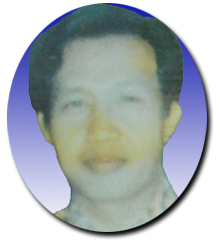
Prof. Hj. Abdul Kadir Hassan, hailed from Kedah and was holding the post of the Principal of UiTM from 1973 to 1979. He had a pleasant and attractive personality. In addition, he was approachable and was open for discussions on any issues. He also had good rapport with the officials of the Sabah State Government and the Federal Government. Where work was concerned, he was strict and responsible. He was extremely concerned with the development of the campus and its staff. A landmark event during his time was the acquisition of the site for the permanent campus of UiTM Cawangan Sabah.


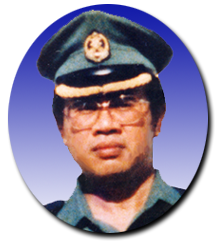

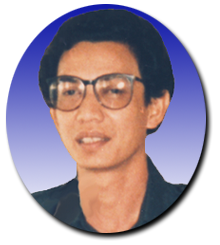



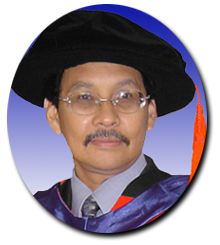

- Sabah
- About
- Hits: 1730
SEJARAH PENUBUHAN UiTM CAWANGAN SABAH
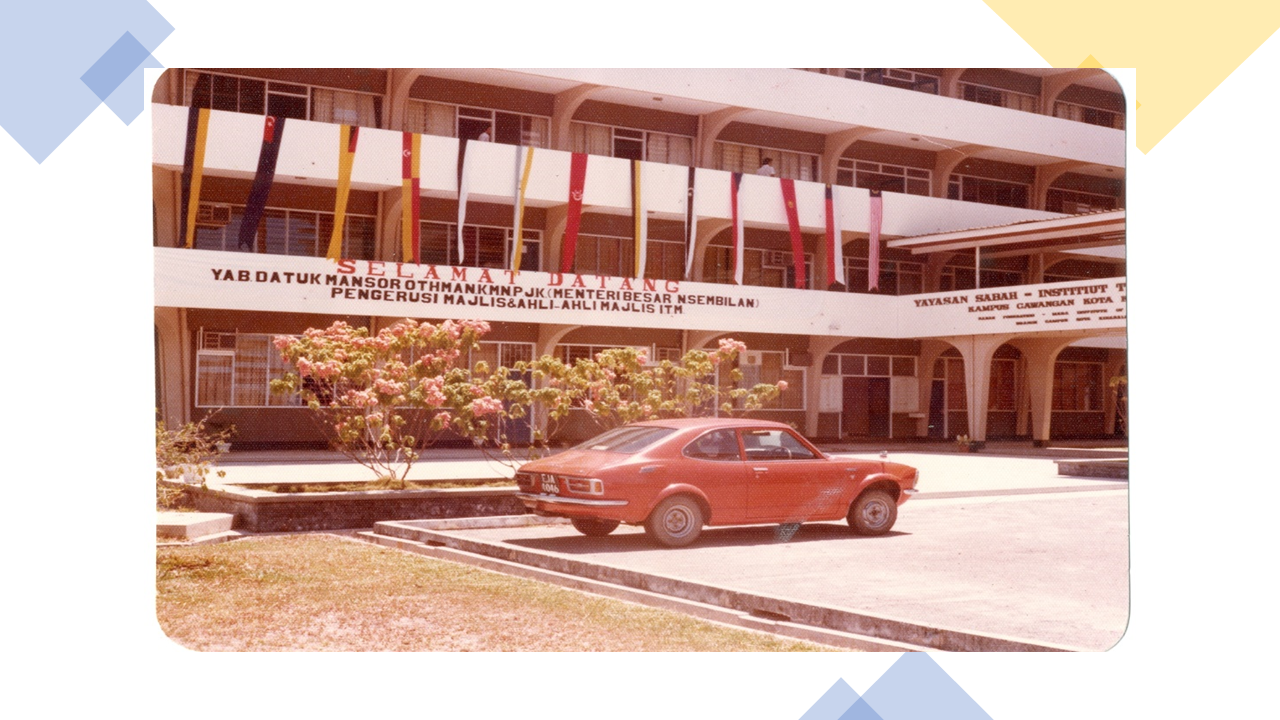
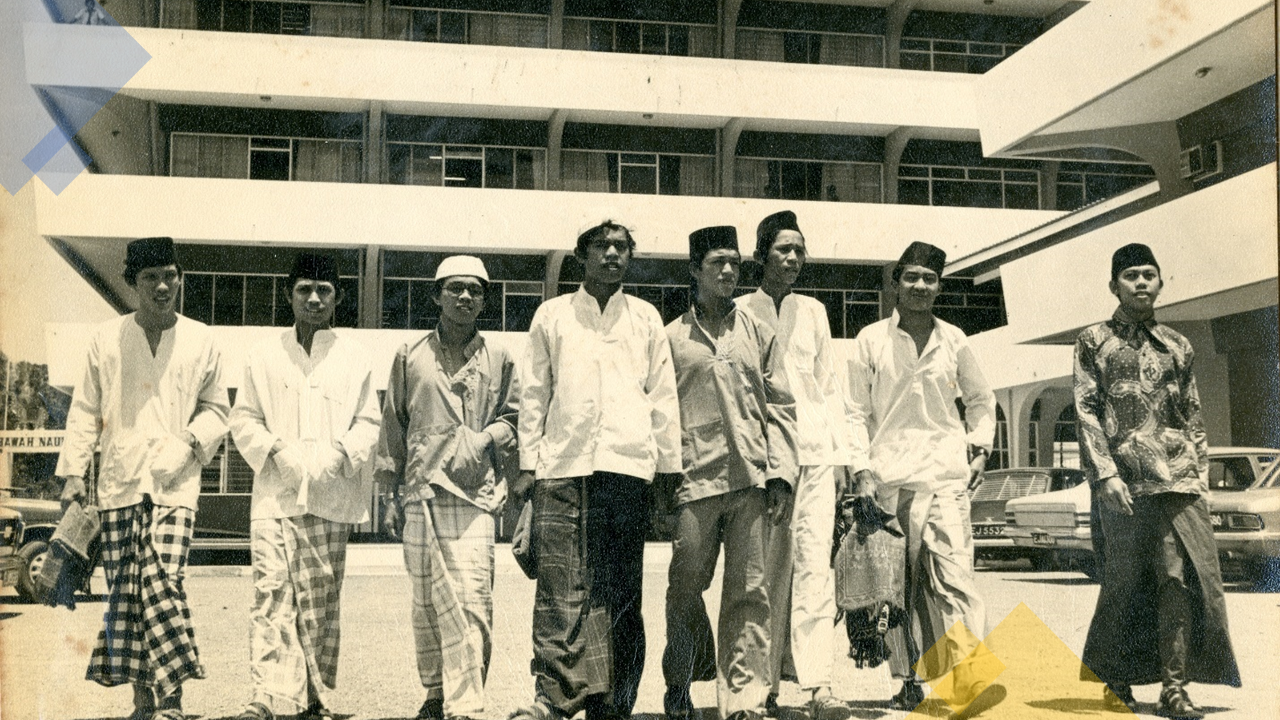 Gambar 2 : Sekumpulan pelajar siswa berjalan untuk menunaikan solat jumaat
Gambar 2 : Sekumpulan pelajar siswa berjalan untuk menunaikan solat jumaat
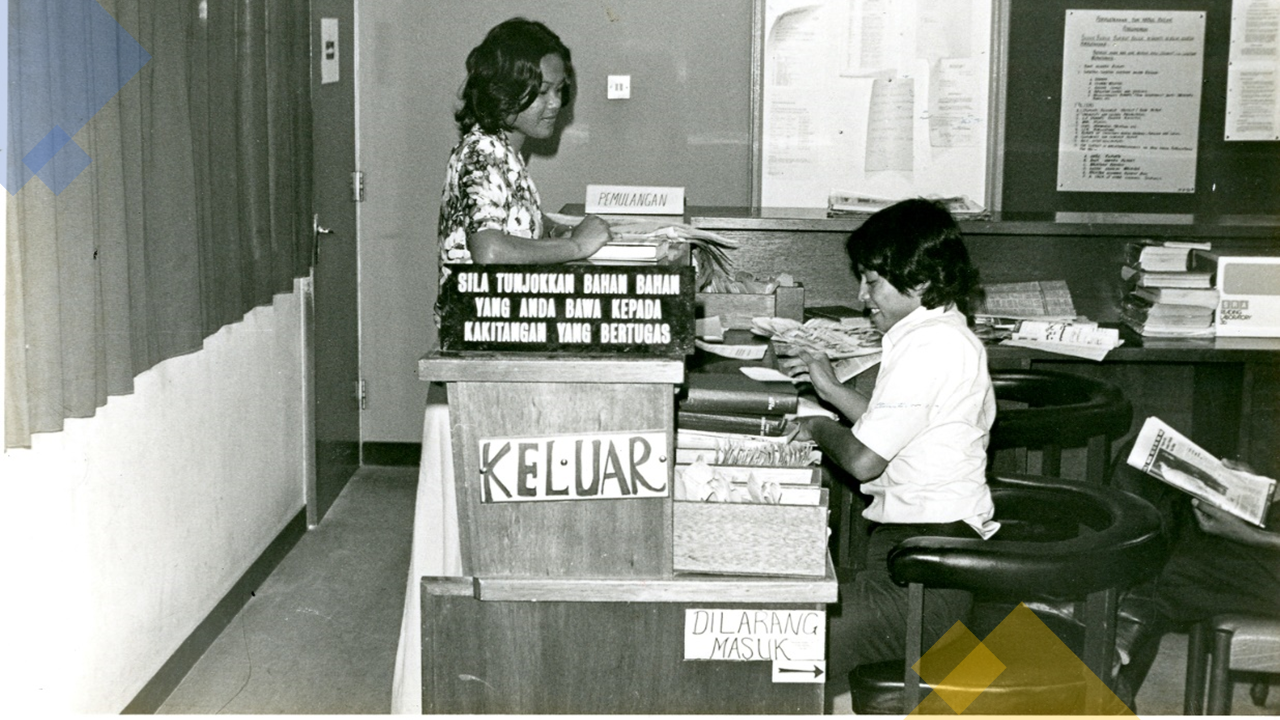 Gambar 3 : Pelajar siswi sedang mengembalikan buku yang telah dipinjam di Perpustakaan YS-ITM
Gambar 3 : Pelajar siswi sedang mengembalikan buku yang telah dipinjam di Perpustakaan YS-ITM
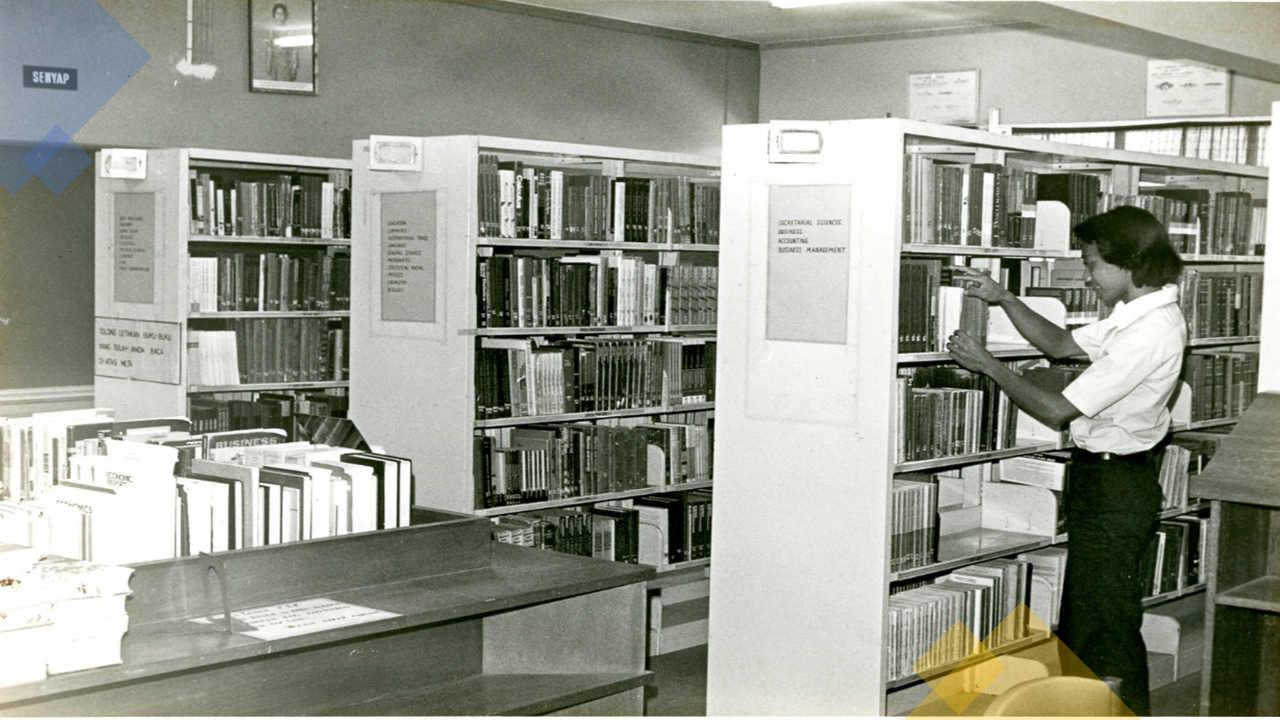 Gambar 4 : Kakitangan pentadbiran sedang menyusun buku-buku di rak buku
Gambar 4 : Kakitangan pentadbiran sedang menyusun buku-buku di rak buku
Perpindahan Ke Kampus Kuala Menggatal
Menyedari akan kepentingan pendidikan tinggi di negara, Yayasan Sabah diberikan sebidang tanah di Menggatal seluas 299.5 hektar kepada YS-ITM untuk digunakan sebagai lokasi kampus baru. Selain itu, sejumlah RM 5 juta ringgit juga disumbangkan untuk tujuan berkenaan. Selain itu, Yayasan Sabah memperuntukan RM 2.6 juta sebagai pampasan kepada orang-orang yang terlibat disekitarnya yang harus berpindah untuk membuat jalan bagi pembangunan kampus baru. Pada bulan Januari 1982, sebahagian besar pelajar dipindahkan ke kampus tetap di Kuala Menggatal setelah selesai blok asrama dan kemudahan lain siap dibina. Langkah ini selesai siap pada tahun 1991 dan sekarang university ini dikenali sebagai UiTM Sabah.Kursus Yang DiTawarkan Di UiTM Sabah
Kursus-kursus yang ditawakan di UiTM Cawangan Sabah adalah seperti berikut :-
Sepenuh Masa :
Diploma Perakaunan (AC 10)
Diploma Pentadbiran Awam (AL 10)
Diploma Pengajian Perniagaan (BM 11)
Diploma Pengurusan Bank (BM 12)
Diploma Sains Kesetiausahaan (SS 10)
Diploma Sains (AS 19)
Pra Perdagangan (KP 03)
Pra Sains (KP 03)
Sijil Pengendalian Urusan Pelancaongan (HC 05)
Sijil Pengendalian Urusan Pelancaongan (Pengenalan) (HC 06)
Sijil Pengendalian Urusan Pelancongan (Peramusaji) (HC 07)
Sijil Pengendalian Urusan Pelancongan (Penyambut Tetamu) (HC 06)
Separuh Masa :
Diploma Pentadbiran Awam (AL 10)
Diploma Pengajian Perniagaan (BM 11)
Diploma Pengurusan Bank (BM 12)
Pengajian Luar Kampus :
Ijazah Pengurusan Perniagaan (ADBS/Marketing) (BM 20)
Ijazah Perakaunan (AC 20)
Sijil Pengaturcaraan Komputer
UiTM Kampus Tawau
Dalam rangka untuk menambahkan bilangan anak bangsa Bumiputera yang terpelajar dan berkemahiran dalam bidang professional dan separa professional, ITM Cawangan Sabah telah mengambil inisiatif dengan menubuhkan sebuah kampus di Pantai Timur Sabah. Kampus ini dinamakan sebagai kampus Daerah Tawau dan ia juga boleh berfungsi sebagai Kampus Kota atau “City Campus’.
Kampus ini dibuka pada 15 Disember 1996 dan beroperasi di Lot 2,3, dan 4, Tingkat 2, Wisma MAA, Tawau yang merupakan satu lokasi yang menarik berhampiran dengan pusat kewangan, penginapan dan lain-lain kemudahan di bandar Tawau.
Kampus Daerah Tawau menawarkan dua program pengajian separuh masa iaitu Pendidikan Jarak Jauh (PJJ) dan Pendidikan Luar Kampus (PLK). PJJ berlangsung selama lima tahun atau 10 semester. Setiap semester, pelajar dikehendaki menghadiri 4 seminar bagi setiap mata pelajaran yang dipelajari dan menduduki peperiksaan pada akhir semester. PLK pula berlangsung selama 4 tahun atau 8 semester dan pelajar dikehendaki menghadiri kuliah hamper setiap minggu pada setiap semester.
Kursus-kursus yang ditawarkan melalui program Pjj dan PLK adalah seperti berikut :-
PJJ
Diploma Pentadbiran Awam (DPA)
Diploma Pengajian Perniagaan (DBS)
Diploma Perakuanan (DIA)
PLK
Diploma Pentadbiran Awam (DPA)
Diploma Perakaunan (DIA)


